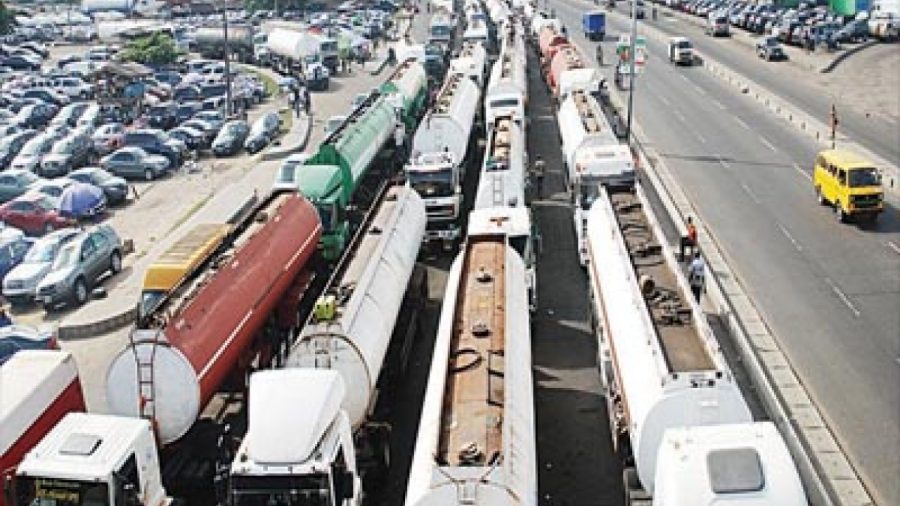The Nigerian Association of Road Transport Owners (NARTO) has advised all of its members to withdraw their petroleum trucks from product-loading activities beginning Monday, February 19, 2024.
The association’s move comes in response to the industry’s high operational costs, which prompted it to recommend that oil marketers reassess freight pricing.
This disclosure is contained in a letter dated February 15, 2024, signed by the National President, Othman Yusuf, and delivered to the National Union of Petroleum and Natural Gas Workers (NUPENG).
The letter, titled ‘Notice of cessation of operation’, was also issued to the Nigerian Midstream and Downstream Petroleum Regulatory Authority (NMDPRA), the Department of State Security (DSS), and the Executive Secretary of the Major Energy Marketers Association of Nigeria (NEMAN).
Oil marketers refused to review rates.
NARTO stated that despite the liberalization of the downstream industry, oil marketers have declined to evaluate the rates.
It declared that it can no longer continue to operate due to the status of the economy.
The group stated that multiple efforts to get the freight rates for its businesses evaluated have had no beneficial outcomes.
What is NARTO saying?
The statement from NARTO reads:
“We are deeply constrained to seek the support and understanding of your Union and members towards the excruciating challenges petroleum trucks owners are facing with the high operational costs in the Industry.
“We have attempted to negotiate fair freight rates for our operations with various industry authorities, including the Major Energy Marketers Association of Nigeria, but have yet to receive positive results.
We have no choice but to write to advise you that the NARTO National Executive Council (NEC) has decided to direct all of our members not to make their Petroleum Trucks available for Petroleum Products loading activities beginning Monday, February 19th, 2024.
“In light of this directive, we implore all of our employees (Petroleum Truck Drivers), who are your members, to contribute their full cooperation, support, and understanding to our collective efforts to ensure the continued viability of the Petroleum Haulage business and effective service delivery by ensuring adequate and timely compliance.
“There is absolutely no way we can continue in this business given the current economic situation in the country.”


